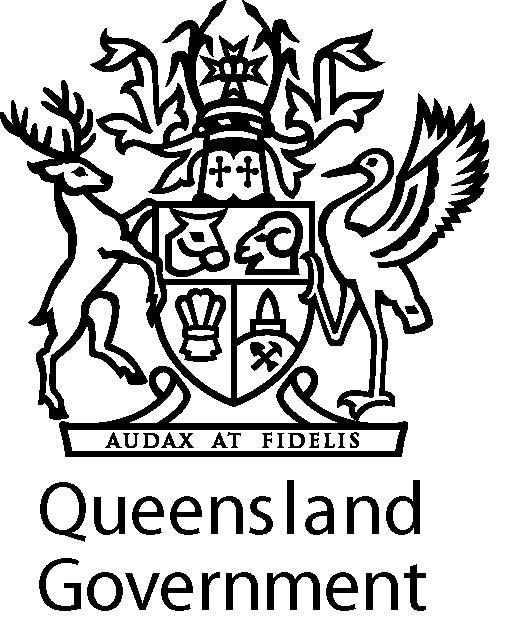Bouncing back from drought
Bouncing back from drought
Set against the backdrop of Karma Waters Station, the Drought Resilience Day, jointly hosted by Gulf Savannah and Cape York NRMs was a day of sharing experiences, and getting to the nuts and bolts of drought resilience strategies for the Northern Gulf region’s land managers.
“This was a fantastic event in a beautiful location,” Cape York NRM Sustainable Industries Officer Natalie James said.
“When we talk about drought resilience we’re talking about ensuring our land is able to bounce back from tough seasons. Improving and maintaining land condition is the best way to do that.”
Participants heard from Gulf Savannah NRM’s Drought coordinator John McLaughlin, and the Queensland Department of Agriculture and Fisheries’ Joe Rolfe, Principal Beef Extension in Mareeba, and Emily Corbett, also a Beef Extension in Mareeba.
They focused on the four key strategies of the comprehensive 2019 report, Northern Gulf Beef Product Systems Report: Preparing for, responding to, and recovering from drought, which include:
1. Improving land condition by managing long-term carrying capacity and wet season spelling. 2. Adequate wet season P (phospherous) supplementation to improve herd performance.
3. Improving production with Stylo legumes pastures.
4. Age of Steer Turn-off (sales) and market options
The session also heard a first-hand account from Alan Pederson about the drought resistance work being carried out on Karma Waters, located 65km north-west of Mount Carbine.
“Hearing the strategies Alan has implemented successfully on Karma Waters was invaluable, and seeing the results of that in his beautiful pastures speaks volumes to his land management strategies,” Nat said. “I think most importantly it was an event where information that can be inaccessible to most (because it’s in a big report) was broken down and made understandable and real through the sharing of Alan’s experience.”
Reviews also included the work carried out at Blanncourt Station, west of Georgetown, and the introduction of stylo legumes at Dels Hole in Georgetown.
The 2nd session of the day focused on showcasing the services and support available to graziers, be it through projects or programs, that are running in the region. The final session explored carbon neutrality and aspects of the new and emerging industry.
A participant feedback survey conducted byGulf Savannah found overwhelming support for the event, with more than 90% of respondents satisfied (29%) and very satisfied (67%) with the event.
Most popular topics included ‘carbon in the Beef industry’, ‘the four strategies to drought resilience’ and ‘all’. More than 85% of respondents said they would consider using the practices promoted at the event.
For more information contact Natalie James on 0419 655 780 or nat.james@capeyorknrm.com.au.
This project is supported by TNQ Drought Hub, through funding from the Australian Government’s Future Drought Fund and the Queensland Government's Natural Resources Investment Program.


